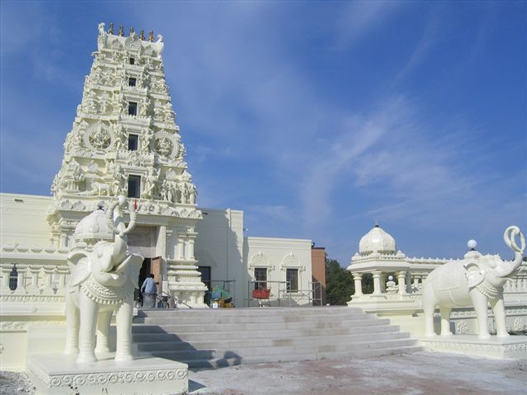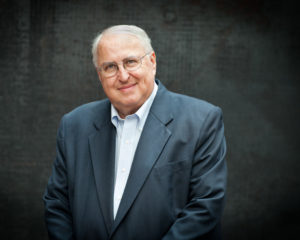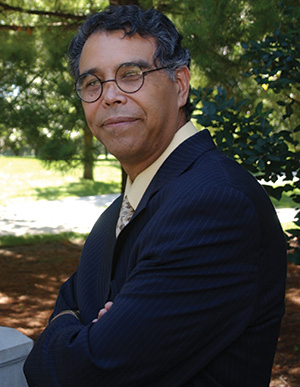 Wednesday, April 17 7:00 p.m., Olin 101
Wednesday, April 17 7:00 p.m., Olin 101
Gereon Kopf received his Ph.D. from Temple University and is currently professor of Asian and comparative religion at Luther College. As a research fellow of the Japan Foundation and the Japan Society for the Promotion of Science, he conducted research in 1993 and 1994 at Obirin University in Machida, Japan, and at the Nanzan Institute for Religion and Culture in Nagoya, Japan, from 2002 to 2004. In the academic year of 2008-2009, he taught at the Centre of Buddhist Studies at the University of Hong Kong. He is the author of Beyond Personal Identity (2001), co-editor of Merleau-Ponty and Buddhism (2009), and editor of the Journal of Buddhist Philosophy.
The act of remembering is central to a variety of Buddhist responses to suffering, offering a foundation for responses to historical tragedies and political evil by drawing upon the relationship between the Buddhist principles of suffering, memory, and compassion. Taking various perspectives to the Nanjing massacre as its case study, Dr. Kopf’s lecture will identify and analyze four ways in which individuals and nations commemorate significant events, proposing an ethics of expression that examines the ideological, religious and moral dimensions of various remembrance practices. Ultimately it seeks to provide a theory that reveals the connections between ideological commitments, religious ritual, and moral agenda, reminding us that our self-understanding is inextricably tied to our values and
vice versa.
Transcript of Kopf’s presentation
Listen to Kopf’s lecture:
[sc_embed_player_template1 fileurl=”http://comparisonproject-migration.wp.drake.edu/wp-content/uploads/sites/143/2013/05/2013-04-17comparisonupdated.mp3″]




 Hector Avalos, Professor of Religious Studies at Iowa State University
Hector Avalos, Professor of Religious Studies at Iowa State University